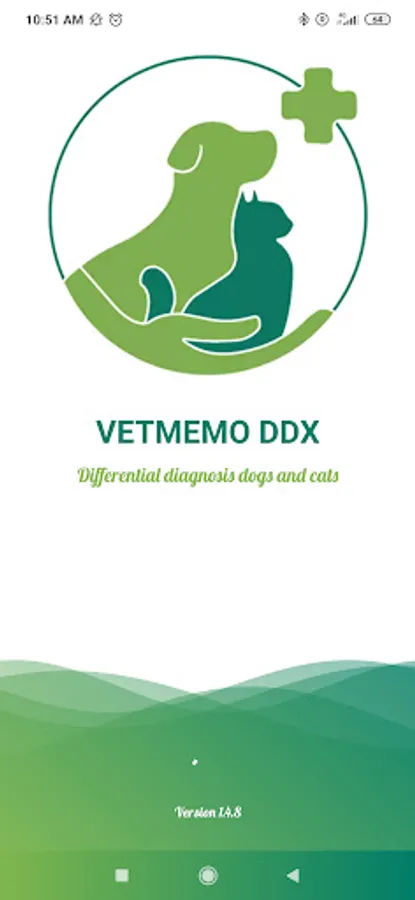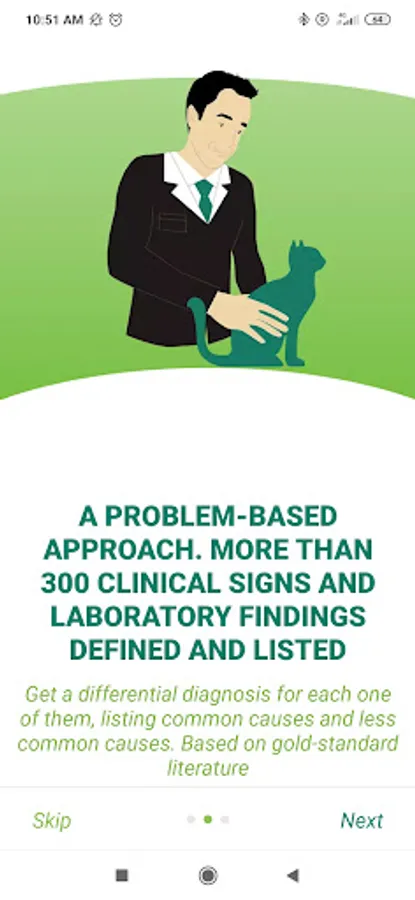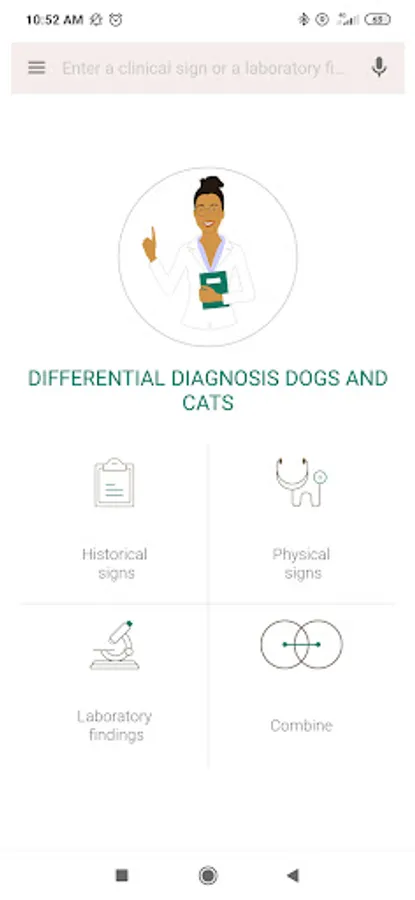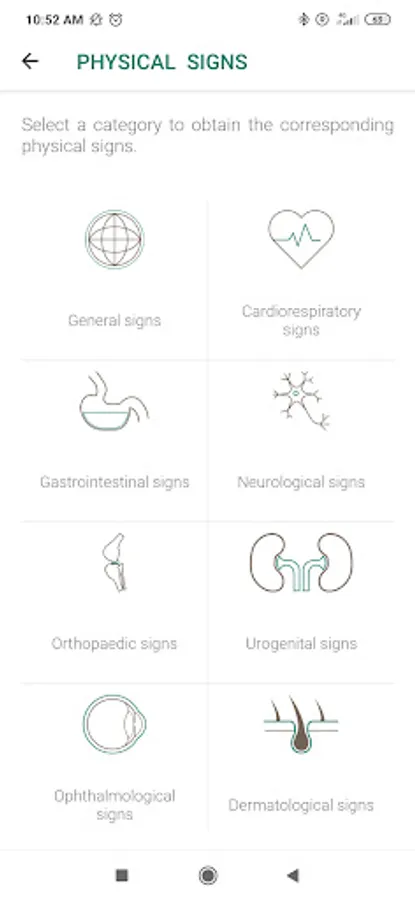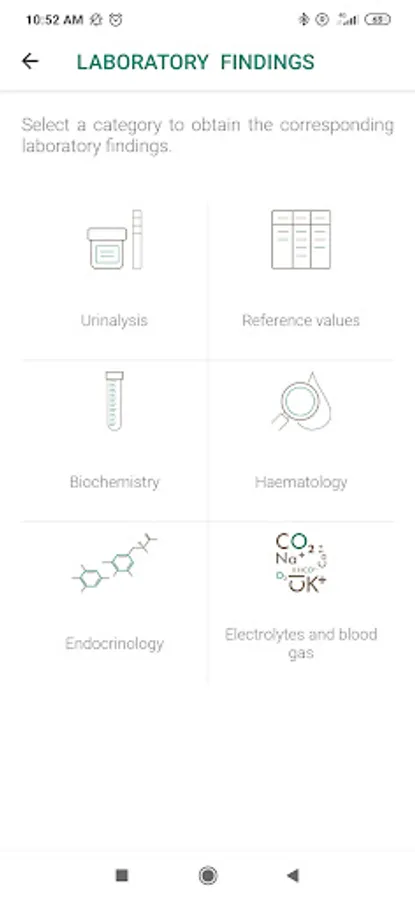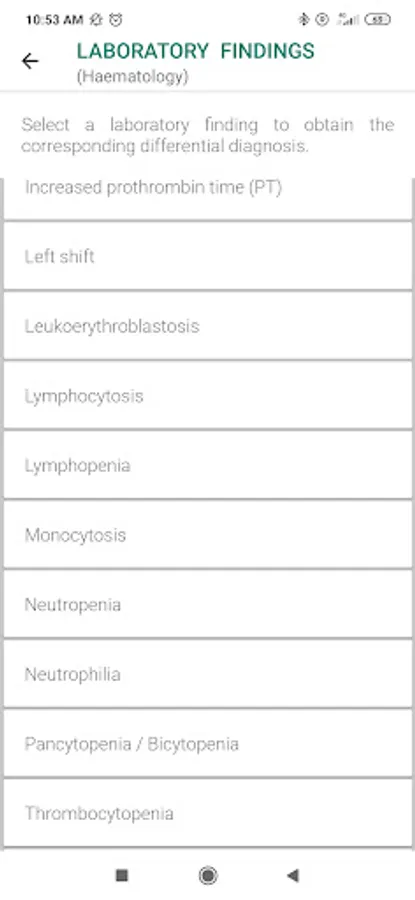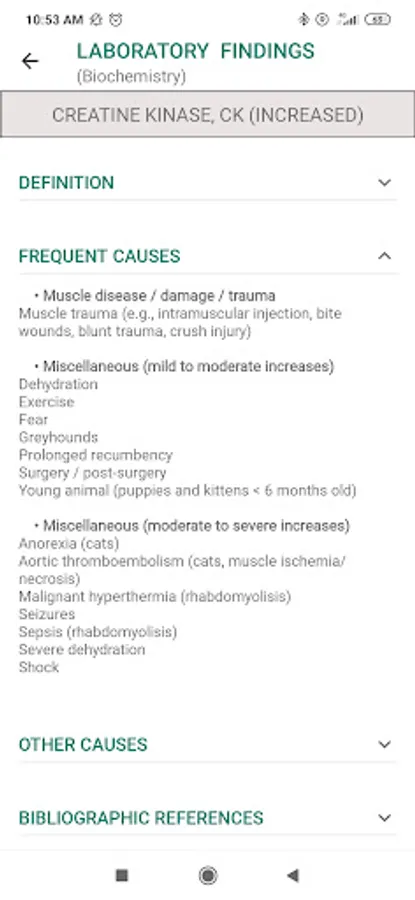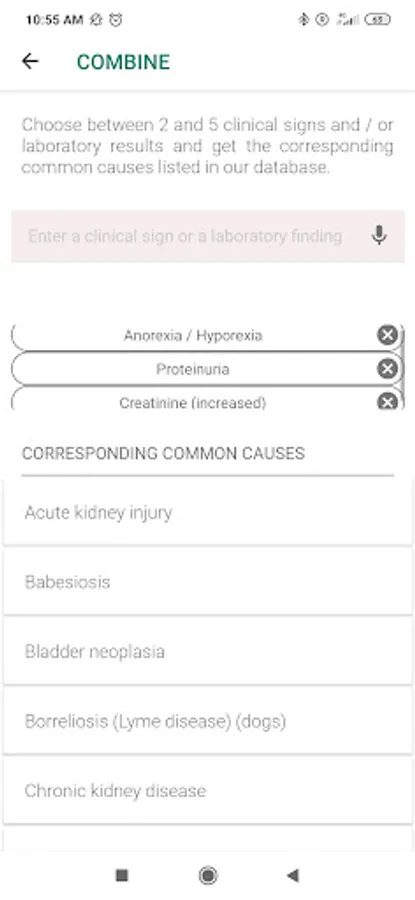Sentence 1: With this veterinary app, you can explore differential diagnoses for various clinical signs and lab results. It helps identify potential causes based on symptoms and findings. Sentence 2: Includes access to over 300 signs and findings, with premium features for combining signs and viewing reference values.
AppRecs review analysis
AppRecs rating 4.1. Trustworthiness 81 out of 100. Review manipulation risk 20 out of 100. Based on a review sample analyzed.
★★★★☆
4.1
AppRecs Rating
Ratings breakdown
5 star
78%
4 star
0%
3 star
0%
2 star
0%
1 star
22%
What to know
✓
Low review manipulation risk
20% review manipulation risk
✓
Credible reviews
81% trustworthiness score from analyzed reviews
✓
High user satisfaction
78% of sampled ratings are 4+ stars (4.1★ average)
About VetmemoDdx
VetmemoDdx offers differential diagnoses for dogs and cats, helping vets and students identify causes behind clinical signs or lab results. With over 300 signs and findings, users access updated diagnoses based on reliable sources. Premium features allow combining signs for refined diagnoses and offer reference values.
